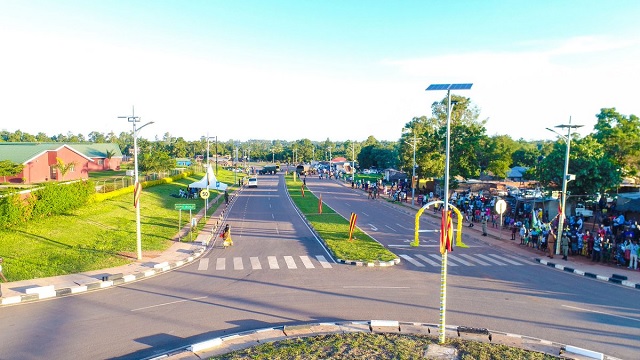
Arua, Uganda | THE INDEPENDENT | The World Bank has expressed concern over the low absorption of funds by local governments implementing the Uganda Support to Municipal Infrastructure Development (USMID) Additional Financing project.
Out of the US$5.4 billion invested in the program, only 30% of the funds have been absorbed by local governments, with an average of UGX 300 billion returned to the Consolidated Fund at the end of the financial year.
The poor utilization of disbursed funds among the local governments has been identified as one of the greatest hindrances affecting project implementation. Christine Kasedde, the World Bank Environmental Specialist made these comments during a review meeting of USMID projects and other sub-activities implemented under the refugee window on Tuesday in Arua City.
The Uganda government, with support from the World Bank, launched the USMID program in 2013 to enhance the institutional performance of municipal councils and improve service delivery in urban areas through infrastructural development.
Some of the initial beneficiary local governments include Gulu, Arua, Lira, Moroto, Soroti, Tororo, Mbale, Jinja, Entebbe, Masaka, Hoima, Mbarara, Kabale, and Fort Portal. However, through the Additional Financing, the project has been extended to Refugee Housing districts in the country, such as Madi Okollo, Terego, and Yumbe.
Meanwhile, Charles Otim, an Environmental Specialist at the Ministry of Lands, Housing, and Urban Development has appealed to contractors to comply with the project guidelines on safeguard standards to prevent accidents.
Six deaths of workers have been documented so far due to contractors’ failure to comply with project safety standards. The current contract for the USMID program expires in May this year, although the government, through the Ministry of Lands, Housing, and Urban Development, is considering extending the program beyond its implementation period next year.
*****
URN
 The Independent Uganda: You get the Truth we Pay the Price
The Independent Uganda: You get the Truth we Pay the Price





